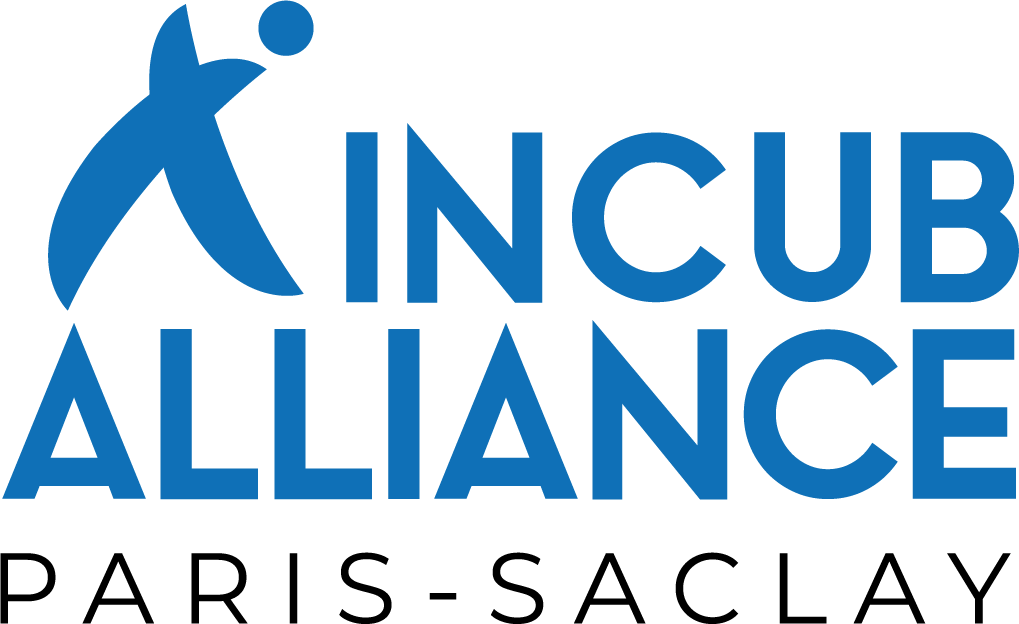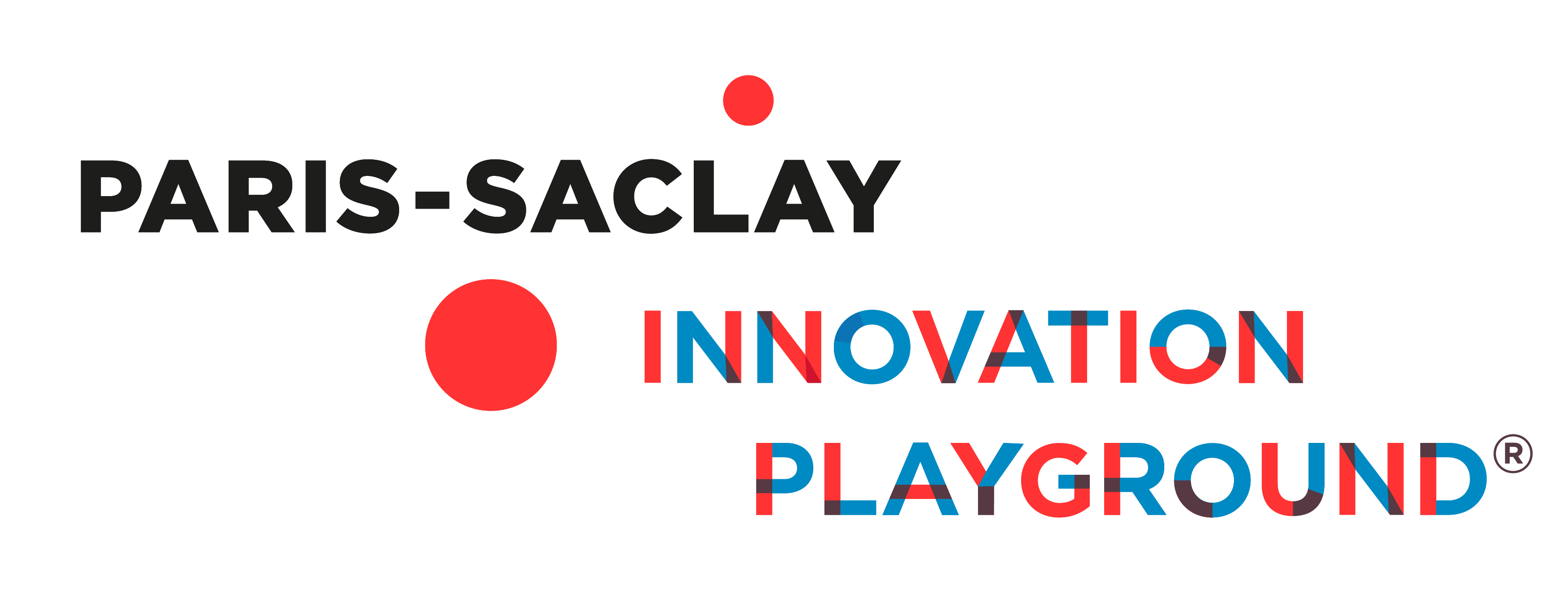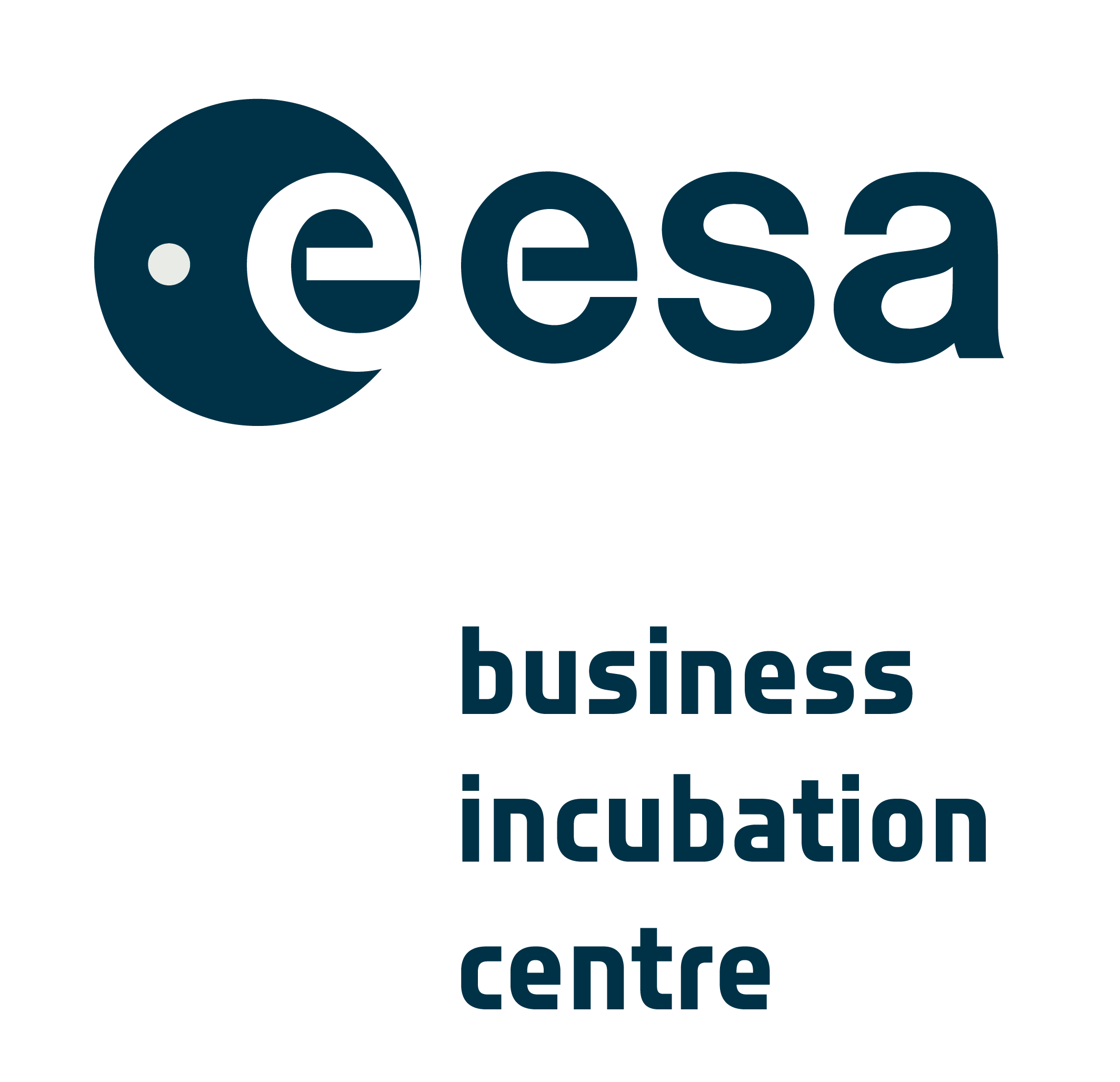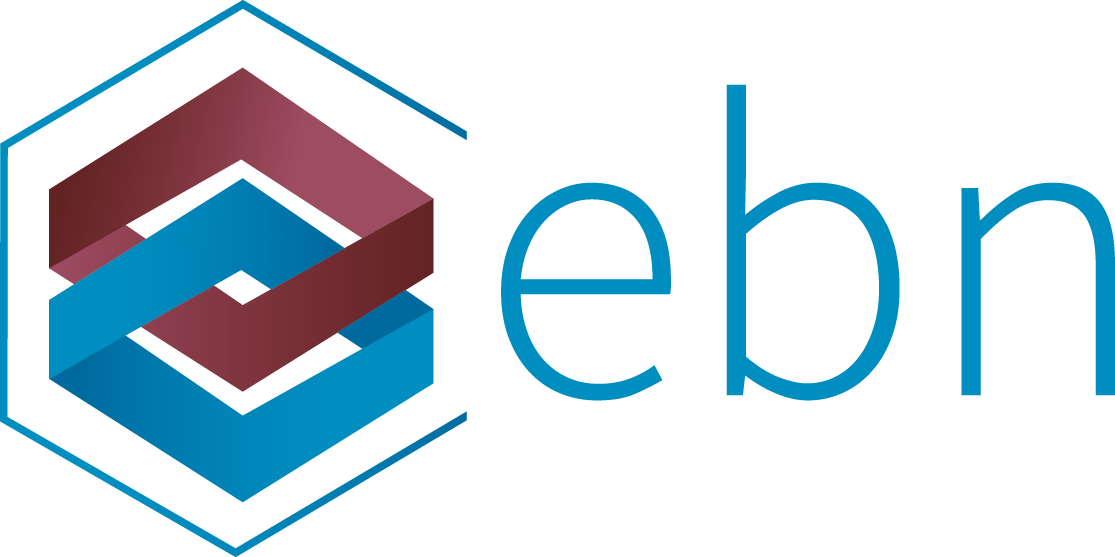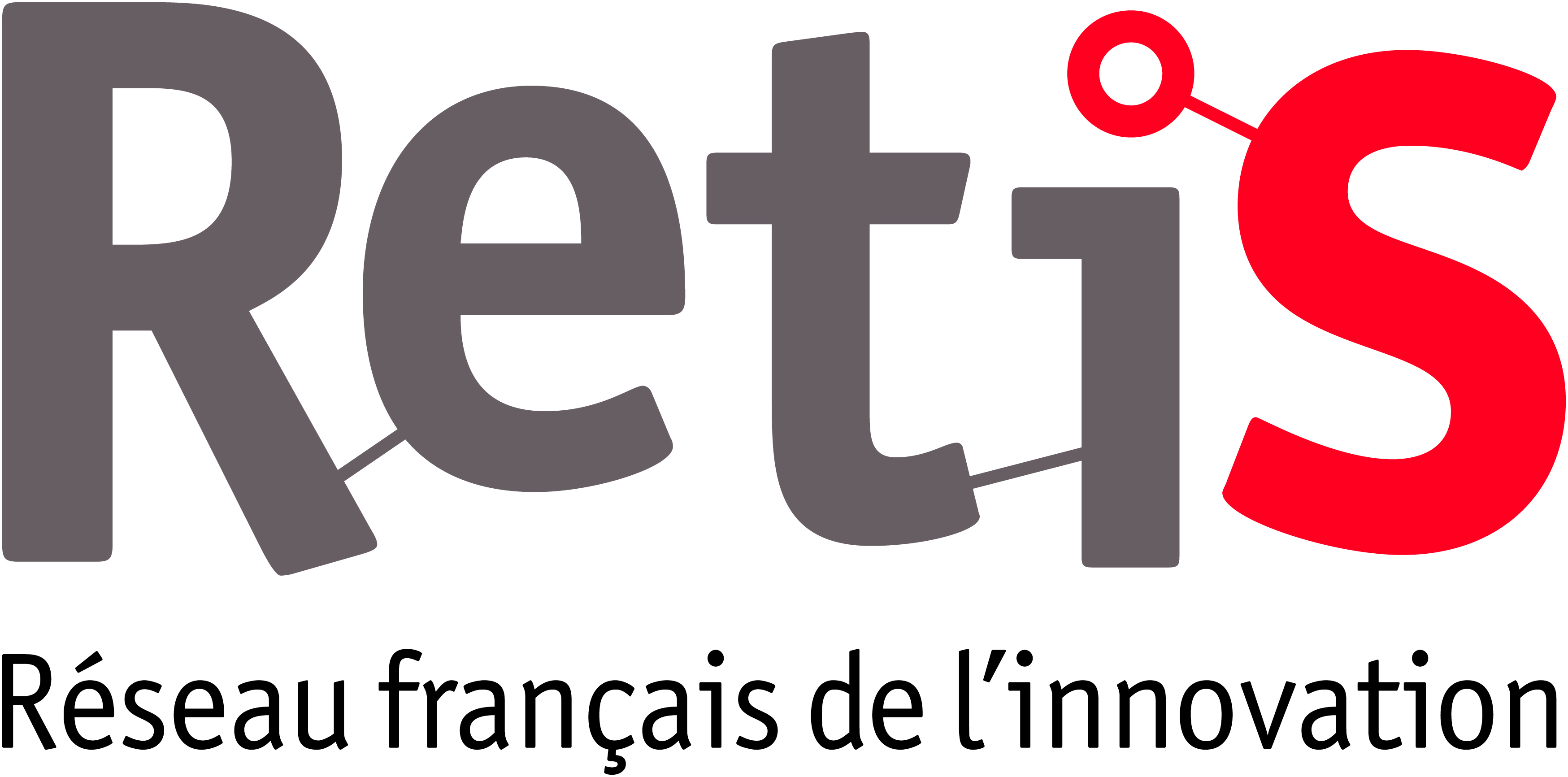Tech Start-up: you wind up missing the point
IncubAlliance Article for "L'Usine Digitale", July 1st, 2020 : https://www.usine-digitale.fr/article/tribune-start-up-tech-on-finit-par-passer-a-cote-de-l-essentiel.N981586
Incremental innovation or breaking new ground, intellectual property and patent registration, business plans and economic models: numerous subjects naturally pop up with respect to the technological start-up world. And if, with a lack of perspective, you wind up missing the point… What point? The people, of course… By François Many, Assistant Director at IncubAlliance.
Incremental innovation or breaking ground, intellectual property and patent registration, business plans and economic models: numerous subjects naturally pop up with respect to the technological start-up world. And if, with a lack of perspective, you wind up missing the point… What point? The people, of course. From the first meeting to the “engagement”, from identifying values to the constructing a joint project: creating a company is a human adventure.
Technology as the sole facet of your innovation – Big mistake
The data shows that, in over 60% of cases, when a start-up fails, it is not because of its tech, product or service but rather because of a team problem. And because a start-up project is first and foremost a human adventure, it goes without saying that the primary assets of a project are people leading it.
And I did say “people” and not “person” because it seems to me that, with some exceptions, such an adventure cannot be undertaken in solitude. This experience requires forming a team. Which is why when I see a new batch of project leads, my first reflex is to push every one of them to call to question the team that must be built to give their project the maximum chance to succeed.
Accompanying start-ups through this questioning
Start-uppers must be reminded that a team is primarily made up of complements and not overlaps. This seems obvious and yet it is relatively counterintuitive since people tend to turn naturally to those who resemble themselves, toward their equals. Yet, in spite of the famous proverb, I would tend to say that “birds of a feather shouldn’t flock together. “How can you avoid this pitfall? By knowing yourself well! We all have comfort zones and risk zones. You are only human, and, with some exceptions, it would be unrealistic to think that you can be good at everything. Therefore, once your “weaknesses” have been identified, it would be problematic to not seek out to cover them by associating with those who have skills that you - a priori - do not have.
Let us look at an example. A creative yet disorganized individual should be advised to seek out an organized teammate. He can then let his creativity run free without worrying about his weakness. You must strive for this complementarity that allows everyone to express themselves when building a team – and doing so while limiting as much as possible the overlap areas which may result in friction between teammates.
Complementing competencies at a cognitive level
Contrary to what you may sometimes hear, the idea is not simply to seek out a business developer or salesperson if you have a technical background nor the opposite, but rather to cover the entirety of the spectrum of human competences necessary for the proper management of the project. And you must do so for the simple reason that there are things that can be learned and others that cannot. It is effectively easier to teach yourself how to do business than to become an organized person overnight.
If you can, of course, improve marginally, you would have difficulty changing everything about your personality. A psychologist can accompany start-uppers in the job of knowing themselves. Using psychometric tests, the psychologist can help identify the team’s strengths and weaknesses and thus indicate future needs for the team. Nowadays, this approach allows for correlations between profiles, challenges projects on their legitimacy and calls to question the role start-uppers wish to lead in their company. Each individual should have their OWN place with adequate competencies and should learn to leave room for others to take on proper roles.
A relationship built in the long-term
But certain kinds of people only cross paths only too rarely. Among the possible solutions, we can, for example, put job-seekers tempted by the entrepreneurial adventure in contact with project leads looking for partners. Working proactively, we can bring together complementary profiles to disrupt up the paradigm.
In an era when everything leans toward immediacy, it is nevertheless indispensable to build long-term relationships. Like a betrothed couple in the old days, two future associates should live a kind of engagement period to get to know one another. The objective of this period: mutually stop idealizing and start to see one another how you really are, with all your qualities and defects, and not how you wish you were. Only then will you two be free to engage and build together.
This system does not simply consist of partitioning the duties of the CEO and CTO, but also of working together to cement the core values of the future company. Community life is not a “long, calm river” and fortunately so, because it is in the rapids that we must band together, united, to take on each course incrementally. Such is the life of Associates in a start-up and if the team is solid, anchored on shared values, the project becomes above all a human adventure.
François Many is the Assistant Director at IncubAlliance.
The expert opinions are published under the full responsibility of their authors and the editors of L’Usine Digitale accept no responsibility.
